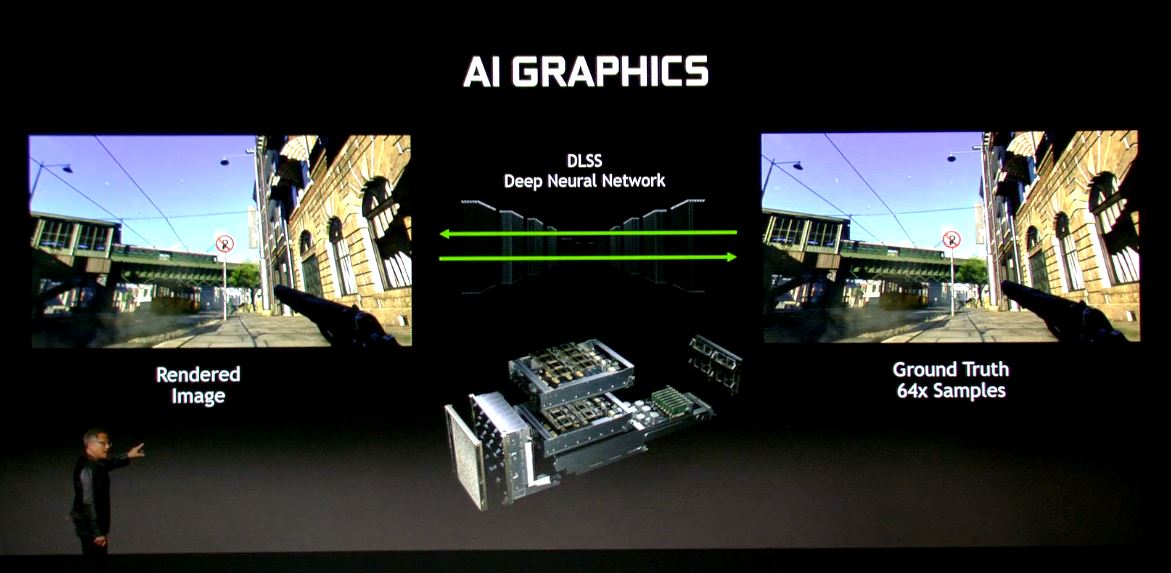

MELVIN had seemingly solved the problem of creating highly complex entangled states involving multiple photons (entangled states being those that once made Albert Einstein invoke the specter of “spooky action at a distance”). “The first thing I thought was, ‘My program has a bug, because the solution cannot exist,’” Krenn says. Its job was to mix and match the building blocks of standard quantum experiments and find solutions to new problems. MELVIN was a machine-learning algorithm Krenn had built, a kind of artificial intelligence. Quantum physicist Mario Krenn remembers sitting in a café in Vienna in early 2016, poring over computer printouts, trying to make sense of what MELVIN had found. Originally built to speed up calculations, a machine-learning system is now making shocking progress at the frontiers of experimental quantum physics “Due to the pre-release nature of the underlying technology, GitHub Copilot may sometimes produce undesired outputs, including biased, discriminatory, abusive, or offensive outputs,” Copilot’s website says.ĪI Designs Quantum Physics Experiments Beyond What Any Human Has Conceived The company also warns that the model could suggest email addresses, API keys, or phone numbers, but that this is rare and the data has been found to be synthetic or pseudo-randomly generated by the algorithm. The company writes they have put a few filters in place to prevent Copilot from generating offensive language, but it might not be perfect.

#Stardrive 2 does trainer work for ai too code#
While testimonials on the site rave about the productivity gains Copilot provides, GitHub implies that not all the code utilized was vetted for bugs, insecure practices, or personal data. OpenAI plans to release a version of Codex through its API later this summer so developers can built their own apps with the tech, a representative for OpenAI told The Verge in an email. While GPT-3 generates English, OpenAI Codex generates code. With Copilot, one of those coders is Artificial Intelligence.Ĭopilot is built on a new algorithm called OpenAI Codex, which OpenAI CTO Greg Brockman describes as a descendant of GPT-3. GitHub sees this as an evolution of pair programming, where two coders will work on the same project to catch each others’ mistakes and speed up the development process. It works best with Python, JavaScript, TypeScript, Ruby, and Go, according to a blog post from GitHub CEO Nat Friedman. It instead analyzes the code you’ve already written and generates new matching code, including specific functions that were previously called. GitHub and OpenAI have launched a technical preview of a new AI tool called Copilot, which lives inside the Visual Studio Code editor and autocompletes code snippets.Ĭopilot does more than just parrot back code it’s seen before, according to GitHub. GitHub and OpenAI Launch a New AI Tool That Generates Its Own Code


 0 kommentar(er)
0 kommentar(er)
